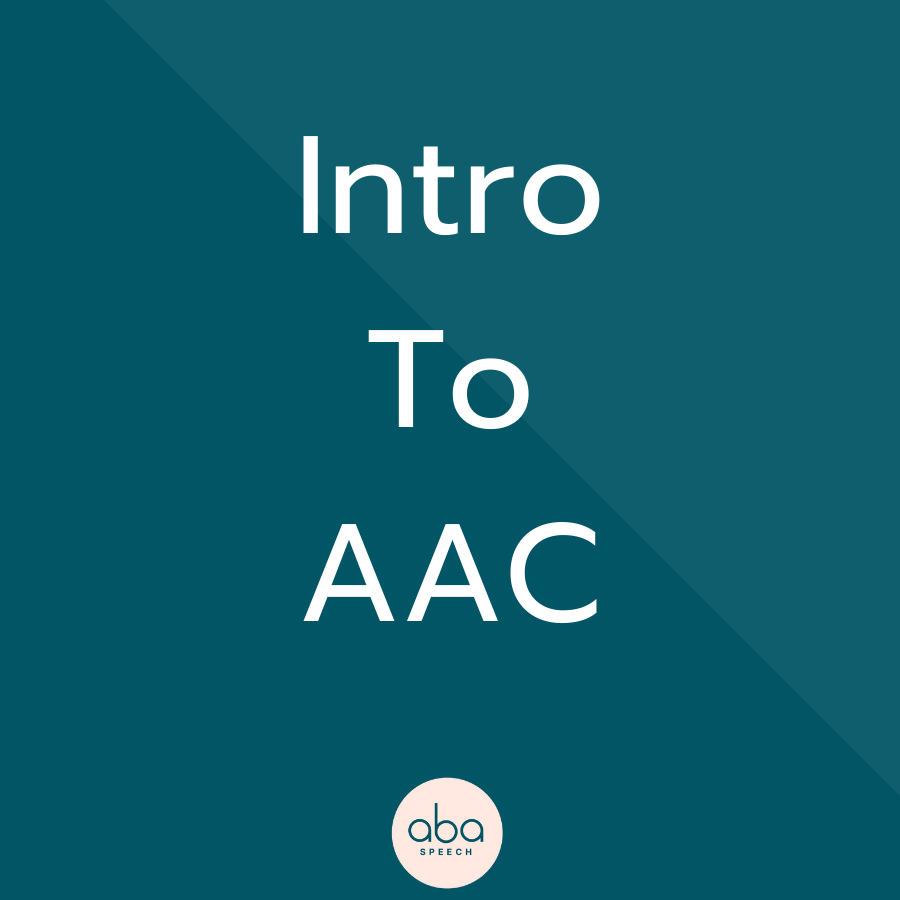Upcoming Events
May

Introduction to AAC
In this webinar participants will learn about the different types of AAC and will be learning about the basics of AAC assessment, collaboration and intervention.
● Participants will be able to list 2 types of AAC.
● Participants will be able to state 1 AAC assessment.
● Participants will be able to state 2 ways to use AAC to teach their learners.
All who attend live will receive an AAC Resource Folder!

More Talking – Less Tantrums: 3 Action Steps to Help Young Children with Autism, Speech Delays and/or Excessive Tantrums
In this one-hour webinar Dr. Mary Barbera will give an overview of 3 action steps professionals and parents can use to increase language skills and reduce problem behaviors in young children with autism, speech delays, and/or excessive tantrums.
This presentation will be on autism assessment and intervention planning and will exclusively discuss the BECA and will not include information other similar or related products.